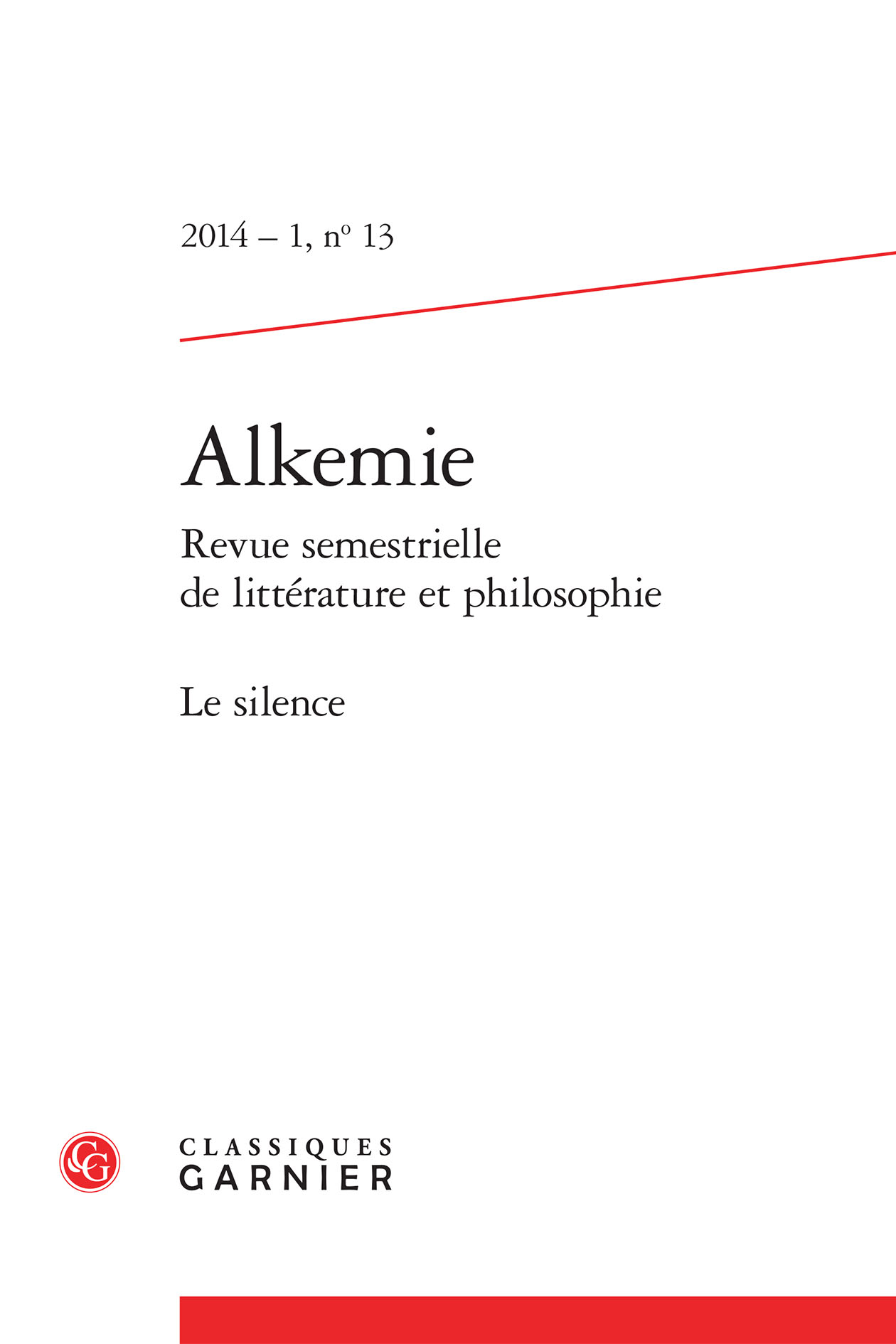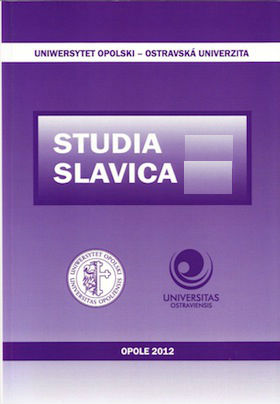
From silence to speech in the poetic writing of Raúl Zurita
Du silence à la parole dans l’écriture poétique de Raúl Zurita
Keywords: Raúl Zurita;Chili;poetry;dictatorship;silence;
Dans le discours poétique du Chilien Raúl Zurita (1950), le silence et le non-dit deviennent un véritable principe d’écriture; en effet, afin de dénoncer par le biais de l’implicite les actes de la Junte militaire (1973-1990), le poète met en place un véritable pacte de lecture avec le récepteur qui, une fois familiarisé avec cette écriture lyrique, parvient à en déceler le sens caché. In the poetic discourse of the Chilean writer Raúl Zurita (1950), silence and then on-said become a veritable principle of writing. In order to denounce implicitly the acts of the military Junta (1973-1990), the poet establishes a pact with the reader who, once familiarised with this lyrical writing, can uncover its hidden meaning.
More...
